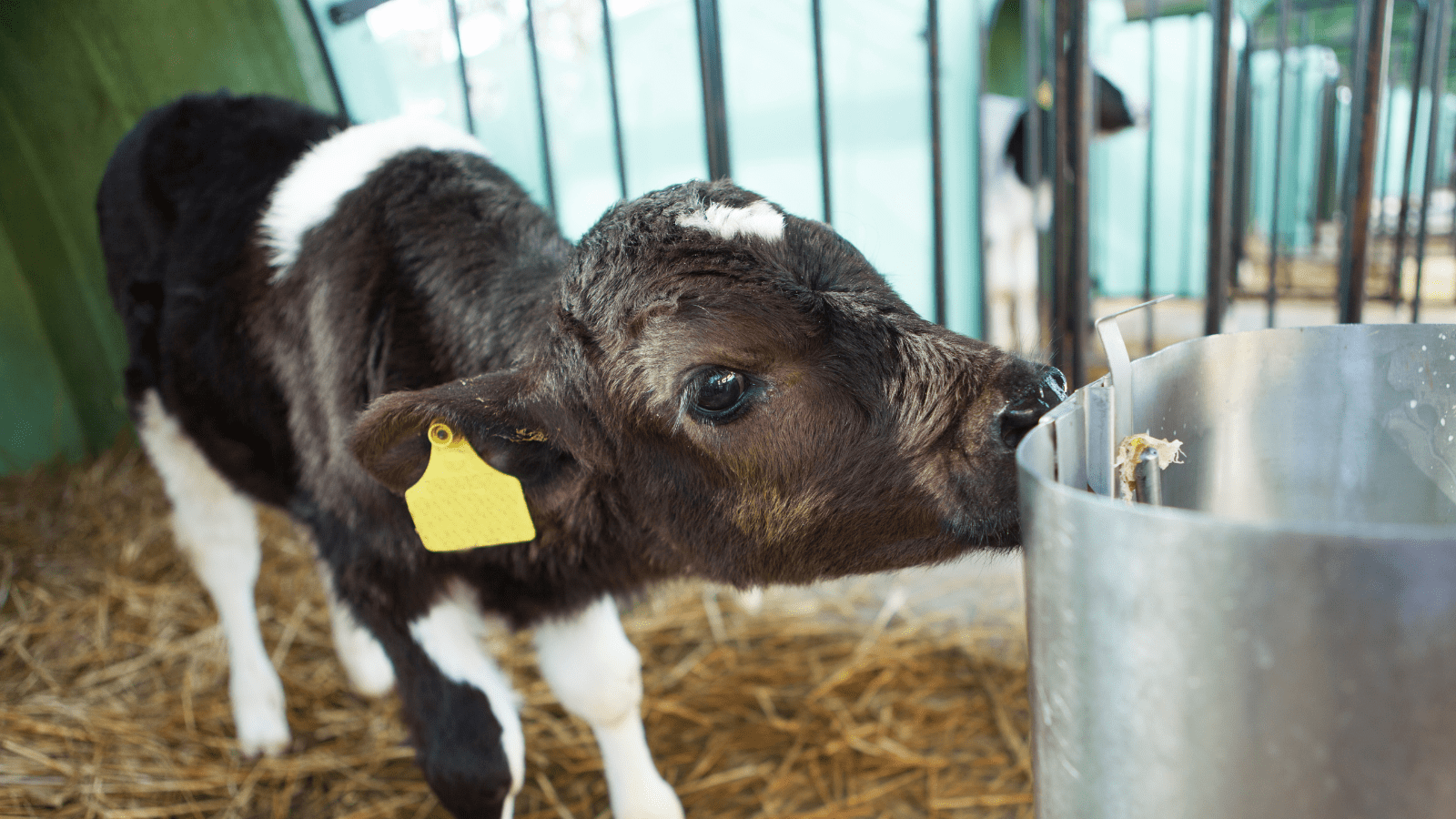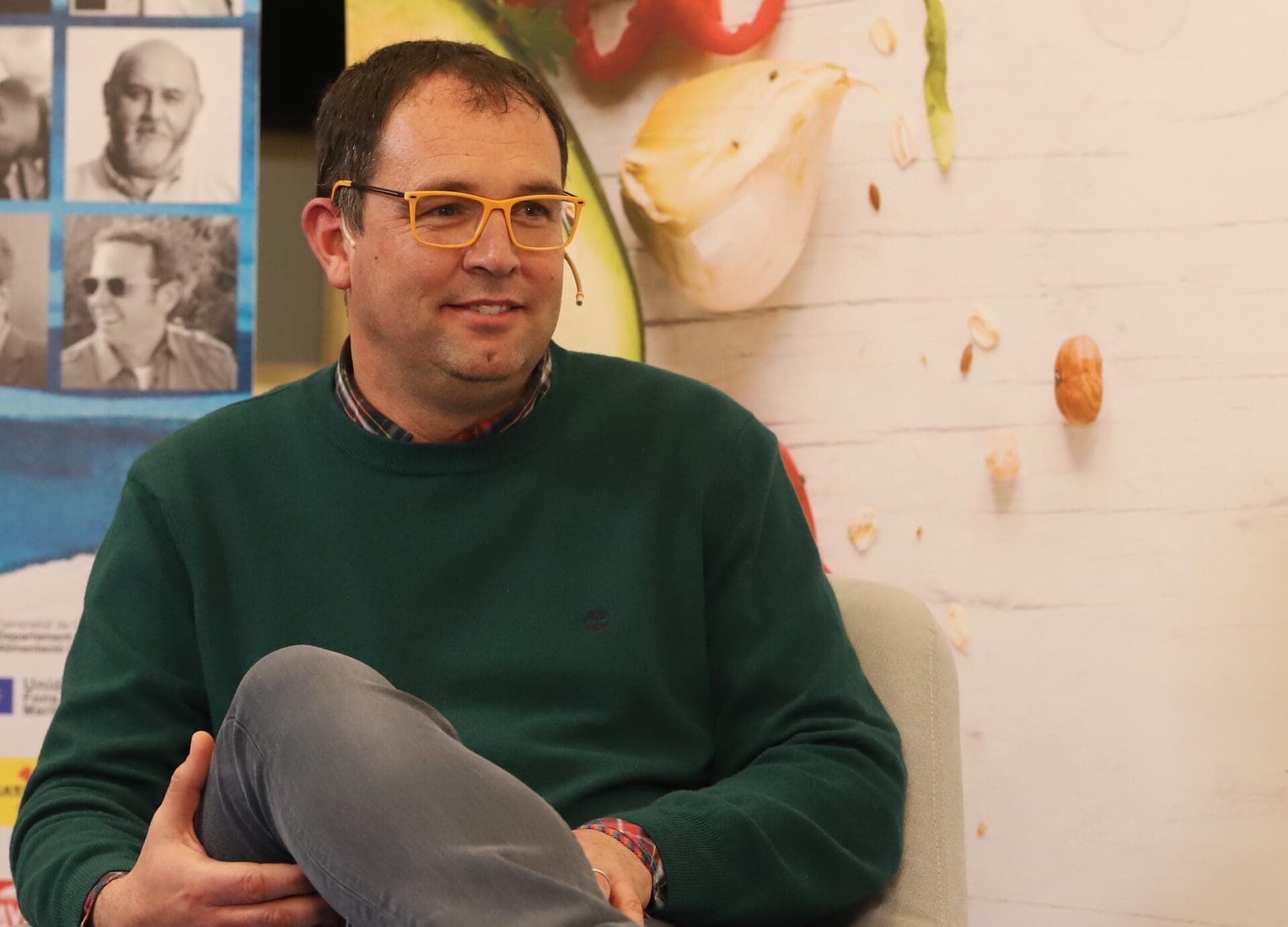
‘Fabes’ from Asturias, local almonds from Morocco, and Italian red lentils will have a new version as vegetal beverages and flours for bakery. This is the objective of the LOCALNUTLEG project, led by the Institute of Agrifood Research and Technology (IRTA), that together with other research centres and companies from eight Mediterranean countries is studying the nutritional level and bioactive compounds of nut and legume varieties from local Mediterranean environments to generate new innovative plant-based food products. The Mediterranean gastronomic culture is recognised worldwide as one of the most beneficial diets for human health, in particular for the varieties of nuts and legumes present in it. However, the exact composition of these foods and their nutritional potential to develop new vegetable alternative products, also known as plant-based products, has not been yet identified.
Scientists will carry out a complete nutritional and biochemical profile of fifty local cultivars of nut and legume varieties from Spain, Israel, Portugal, Italy, Turkey, France, and Morocco. All the varieties studied have a Protected Designation of Origin and a Protected Geographical Indication or defined indigenous identity. Examples include the Terra Fria chestnut (Portugal) and chickpea varieties from Turkey. "We want to give added value to these foods, producing new plant-based products such as dairy drinks, fermented probiotic beverages and gels similar to yoghurt and cheese, as well as flours for bakery and pasta products," says Ingrid Aguiló, an IRTA researcher. In addition, traditional dishes from different countries will be reformulated with the varieties analysed, and new pre-cooked products will be proposed that could be leaders in the current framework of market demand for alternative options to meat.
The aim of the project is to promote the Mediterranean diet supported on plant-based foods that meet current consumer demand. "There is a growing demand for healthier products that provide bioactive compounds or are non-allergenic, as well as more ethical products, in line with vegan, vegetarian or religious principles", something that, according to Aguiló, "opens up new opportunities in the food industry sector and gives greater value to traditional Mediterranean crops, which improves the economic prospects of local producers". The project will also develop a marketing and exploitation strategy for these nine products and reintroduce them into traditional Mediterranean recipes to promote their nutritional benefits.
To preserve the original nutritional value of the final food products, the project is committed to using innovative, sustainable, and optimised food processing technologies and tools compared to conventional methods. For example, it will use fermentation processes incorporating bacterial strains with starter and probiotic properties to produce the plant-based lactic ferments. They will also apply concentration technology, by ultrafiltration of the raw material and processing of the plant-based "cheese" from concentrated material. Finally, they will apply extrusion, turbo-cooking and thermo-cooking technologies to process flours made from pulp and defatted nuts to produce bakery and pasta products. They will also use technologies such as 3D food printing and create structures to produce snack-type products or similar products.
The LOCALNUTLEG project is funded by the PRIMA programme (Partnership for Research and Innovation in the Mediterranean Area) promoted by the European H2020 programme.



